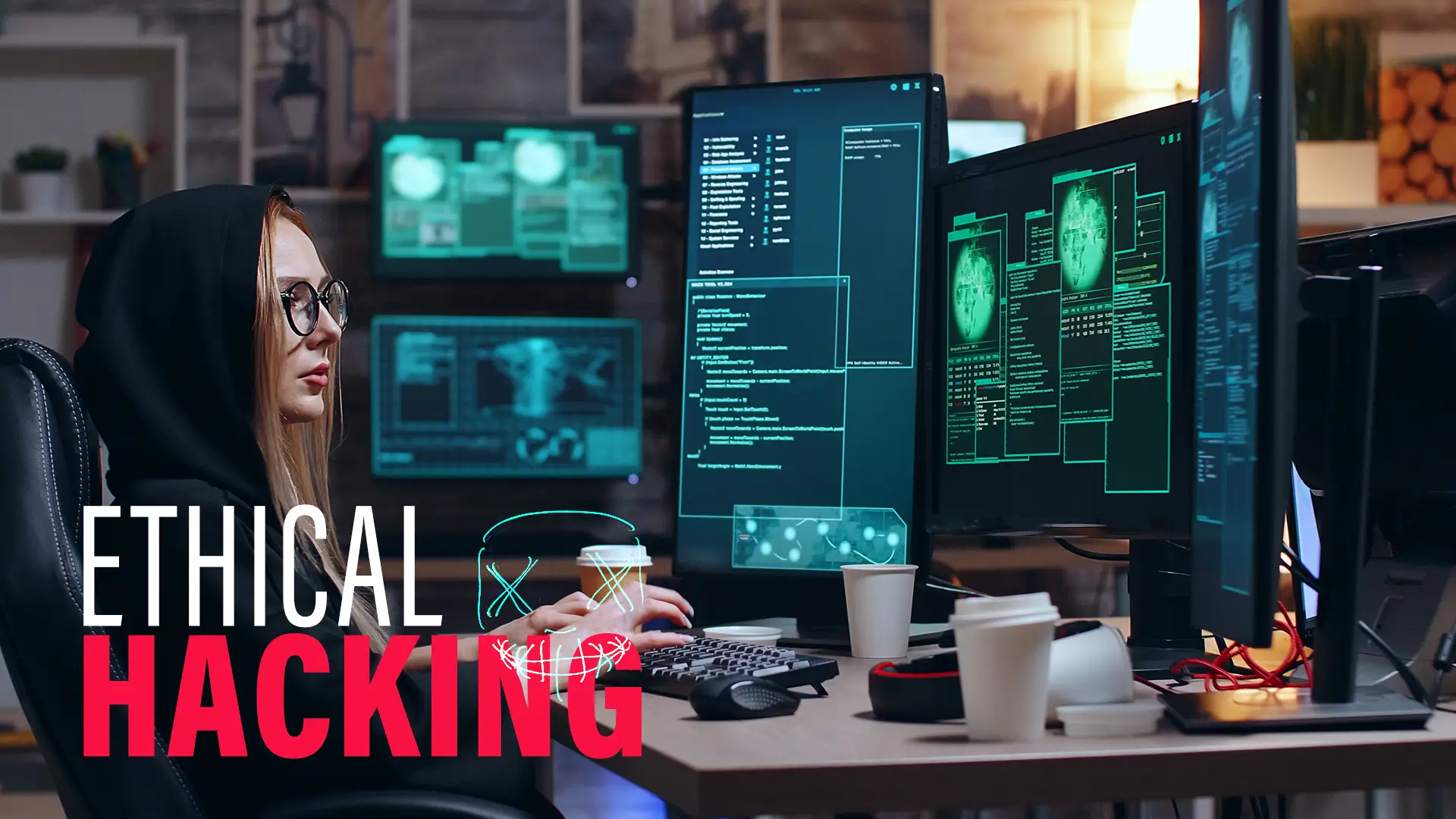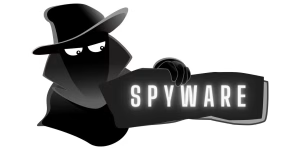Ethical hacking is the authorized process of identifying security weaknesses in systems, applications, and networks before malicious hackers exploit them. It combines technical knowledge with responsibility and legality. Whether you aim to become a cybersecurity expert, penetration tester, or bug bounty hunter, understanding ethical hacking is the first step toward building a secure digital world.
Table of Contents
What Is Ethical Hacking and Why It Matters
Ethical hacking, also known as penetration testing, is the practice of simulating cyberattacks under legal authorization to improve a system’s defense. The key difference between an ethical hacker and a malicious hacker lies in consent and intent. Ethical hackers work with permission to help organizations strengthen their security posture.
Organizations depend on ethical hackers to identify vulnerabilities, reduce the risk of breaches, and comply with cybersecurity standards such as NIST and OWASP guidelines. For example, the OWASP Foundation maintains a list of the most critical web vulnerabilities known as the OWASP Top Ten, which every ethical hacker should understand.
The Core Phases of an Ethical Hacking Process
An ethical hacking engagement typically includes several well-defined phases:
1. Planning and Authorization
Before testing begins, the scope, objectives, and permissions are clearly defined. This ensures legal safety and sets limits on what can and cannot be tested.
2. Reconnaissance
In this phase, ethical hackers gather information about the target, such as IP addresses, open ports, or exposed data. Tools like Nmap and Shodan are common choices.
3. Scanning and Vulnerability Analysis
Hackers use scanners to identify potential vulnerabilities in the system. Common tools include Nessus, Burp Suite, and Nikto.
4. Exploitation and Verification
After identifying weaknesses, the ethical hacker attempts to exploit them in a controlled manner to confirm their impact. No real harm is done—only verification.
5. Reporting and Remediation
Finally, a detailed report is submitted to the organization explaining discovered vulnerabilities, how they were found, and recommended fixes.
Platforms like HackerOne and Bugcrowd provide legal and structured environments for hackers to perform these steps in real-world settings.
Essential Skills and Tools for Ethical Hackers
To start a career in ethical hacking, one should master several foundational skills:
- Networking: Understanding TCP/IP, firewalls, and VPNs.
- Operating Systems: Linux is the hacker’s favorite due to flexibility and open-source tools.
- Programming: Knowledge of Python, Bash, or JavaScript is highly beneficial.
- Web Security: Familiarity with HTTP, cookies, and APIs helps in finding web-based flaws.
Many professionals use Kali Linux, a specialized distribution packed with cybersecurity tools. You can explore more about it on the official Kali Linux website.
Certifications That Build Trust and Authority
In cybersecurity, credentials enhance credibility. Recognized certifications include:
- CEH (Certified Ethical Hacker) – Offered by the EC-Council, great for beginners.
- OSCP (Offensive Security Certified Professional) – Offered by Offensive Security, known for its hands-on labs.
- GIAC and SANS Courses – For advanced penetration testing and digital forensics from SANS Institute.
Responsible Disclosure and Legal Ethics
A true ethical hacker always operates with authorization. Unauthorized testing, even if done with good intentions, can lead to serious legal issues. When discovering a vulnerability, report it responsibly through the correct channel, such as an official disclosure program or bug bounty platform.
Before testing any live system, make sure you have written consent from the owner. Following proper disclosure guidelines protects both the hacker and the organization.
Building a Portfolio and Finding Real-World Experience
The best way to gain experience is through Capture the Flag (CTF) challenges and lab simulations like TryHackMe and Hack The Box. These environments safely replicate real-world security problems.
Additionally, joining bug bounty platforms such as HackerOne or Bugcrowd helps you earn rewards while testing your skills in a legal way.
Sharing your findings and educational write-ups on LinkedIn, GitHub, or personal blogs (like your portfolio site) also demonstrates your credibility and communication skills both crucial for ethical hackers.
The Ethical Hacker’s Mindset
Ethical hacking is not just about tools and exploits; it’s about mindset. A professional hacker must be curious, disciplined, and ethical at all times. Respect privacy, protect data, and avoid unnecessary damage.
Cybersecurity is an ever-evolving field, so continuous learning is key. Stay updated with the latest threats, zero-day vulnerabilities, and defense mechanisms through reputable platforms such as OWASP and SANS.
Final Thoughts
Ethical hacking plays a vital role in protecting the digital landscape. As cyber threats grow, the need for skilled, responsible, and trustworthy professionals also rises. Whether you are a student, tech enthusiast, or aspiring cybersecurity expert, ethical hacking opens doors to one of the most respected and impactful careers in technology.





1 thought on “Ethical Hacking – Powerful Guide – 2025”